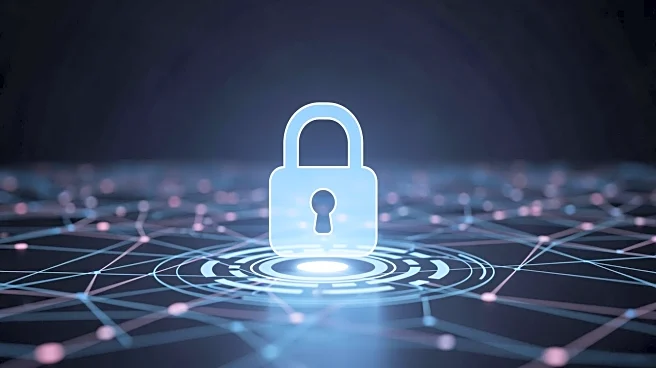What's Happening?
The European Union is expressing concern over a reported 28-point peace plan being drafted by the United States and Russia to end the war in Ukraine. The plan, which has not included European or Ukrainian input, reportedly contains terms unfavorable to Ukraine,
such as the surrender of the Donbas region and limitations on Ukraine's armed forces. EU foreign affairs ministers are meeting in Brussels to discuss the situation, emphasizing the need for Ukrainian and European involvement in any peace negotiations. High Representative for Foreign Affairs Kaja Kallas and other EU leaders have stressed the importance of a ceasefire and the inclusion of Ukraine in the peace process.
Why It's Important?
The exclusion of European and Ukrainian voices from the peace plan raises concerns about the future of Ukraine's sovereignty and territorial integrity. The EU, as a major supporter of Ukraine, fears being sidelined in the peace process, which could undermine its influence in European security matters. The plan's terms could potentially weaken Ukraine's position and embolden Russian aggression. The EU's demand for involvement highlights the geopolitical tensions and the need for a balanced approach to peace that respects Ukraine's sovereignty and the EU's role in regional stability.
What's Next?
EU leaders are likely to continue advocating for their inclusion in the peace process, emphasizing the need for a ceasefire and negotiations that involve Ukraine. The EU's foreign ministers are discussing options to support Ukraine's military and financial needs, including a reparations loan using immobilized Russian assets. The EU's strategy may focus on increasing pressure on Russia and providing more assistance to Ukraine to influence the peace negotiations. The outcome of these discussions could shape the EU's future role in the conflict resolution.
Beyond the Headlines
The situation underscores the complex dynamics of international diplomacy, where major powers like the US and Russia can dominate peace negotiations, potentially sidelining regional stakeholders. The EU's push for involvement reflects broader concerns about maintaining European security and preventing unilateral decisions that could destabilize the region. The ethical implications of excluding Ukraine from discussions about its future are significant, highlighting the need for inclusive diplomacy that respects national sovereignty.















